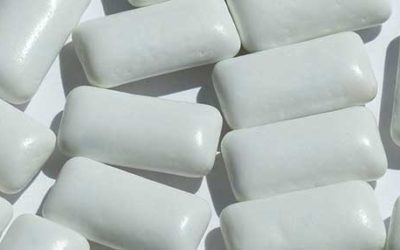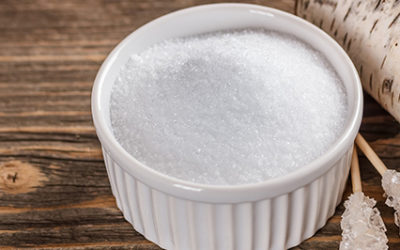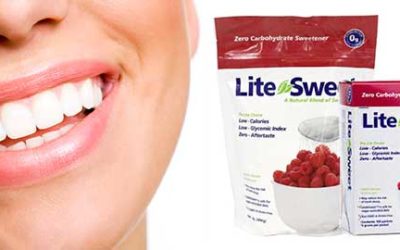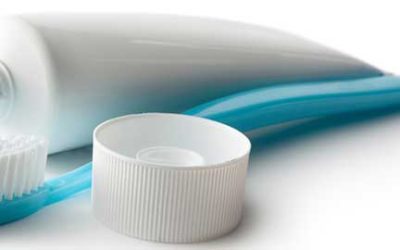Xylitol sweetener looks incredibly similar to sugar, but it won’t rot your teeth!
Unfortunately, most people’s favorite sugars are the ones that tend to rot your teeth. So how and why does sugar rot your teeth and how does a sugar alternative – namely a xylitol sweetener – compare?
The sugars that can rot your teeth all contain glucose, the simple sugar that provides energy for us and all the rest of the animal world. Glucose is found in table sugar (sucrose), brown sugar, corn syrup, honey, high fructose corn syrup, and even agave. Sugars rot your teeth because bacteria living in the plaque on our teeth can eat the sugar we eat, but they make from it acids that eat through the enamel surfaces of our teeth. This process leads to cavities.
So while it’s not exactly the sugar itself that rots your teeth, it feeds the bacteria and leads to the acids that do cause cavities and rot. You don’t want to add fuel to the fire and worsen any dental problems you might be having.
Where the cavity causing bacteria use sugar as fuel to create more damage, xylitol starves the bacteria and eliminates the acid, which saves your teeth.
How sugar rots your teeth vs a xylitol sweetener
Xylitol has been shown in many studies to help fight cavities. Where sugar fuels the bacteria that live in plaque, xylitol is unable to be metabolized by the bacteria. In fact, regular use of xylitol causes the bacteria to starve and die off by as much as 73%.
Xylitol also helps keep the natural pH of the mouth, meaning the normal acidic byproducts that are formed by fermented sugars are lessened.
Many studies from the 1970s shows that consuming xylitol can actually result in a reduction of tooth decay ranging from 30%, with three exposures a day, to an incredible 80%, with five!
You can purchase xylitol sweeteners from your local retailer to get your xylitol sweetener today or visit our xylitol products page to see what brands you can purchase online!
Related Articles
Keep Your Mouth Happy and Healthy with Natural Chewing Gum
People have been chewing gum as a part of their oral care routine since ancient times. Originally, made out of sap from a tree, chewing gum and its ingredients have evolved over many centuries. As our health conscious community becomes...
Choosing the Right Sugar Free Gum
If your chewing gum contains sugar, you’re basically bathing your teeth in sugar. Many sugar free gums contain acidic flavorings and preservatives that can lead to dental erosion. Many sugar free gums contain artificial sweeteners. These...
Why Xylitol Works
xylitol provides both oral and nasal defenses by its action on the bacteria that cause our problems, and by enhancing our defenses in those areas.
Easiest Way to Reap the Dental Benefits of Xylitol
Most people know that xylitol does something to help prevent tooth decay; and most associate that benefit with xylitol sweetened gum. But when it all began, nearly 50 years ago in Finland, it wasn’t gum that helped, it was diet. A group in...
Choosing the Right Xylitol Toothpaste Brand
Xylitol toothpaste has becoming more and more popular as the latest natural product to help improve dental health. Xylitol toothpaste and other dental products have become popular due to xylitol’s ability to slow the growth of cavity causing...
Effects of Xylitol on Streptococcus mutans
The National Library of Medicine recently published an abstract on how xylitol affects Streptococcus mutans. The study was done by researchers from Finland working for Danisco Labs, a branch of DuPont Nutrition and Health, who also make and...










